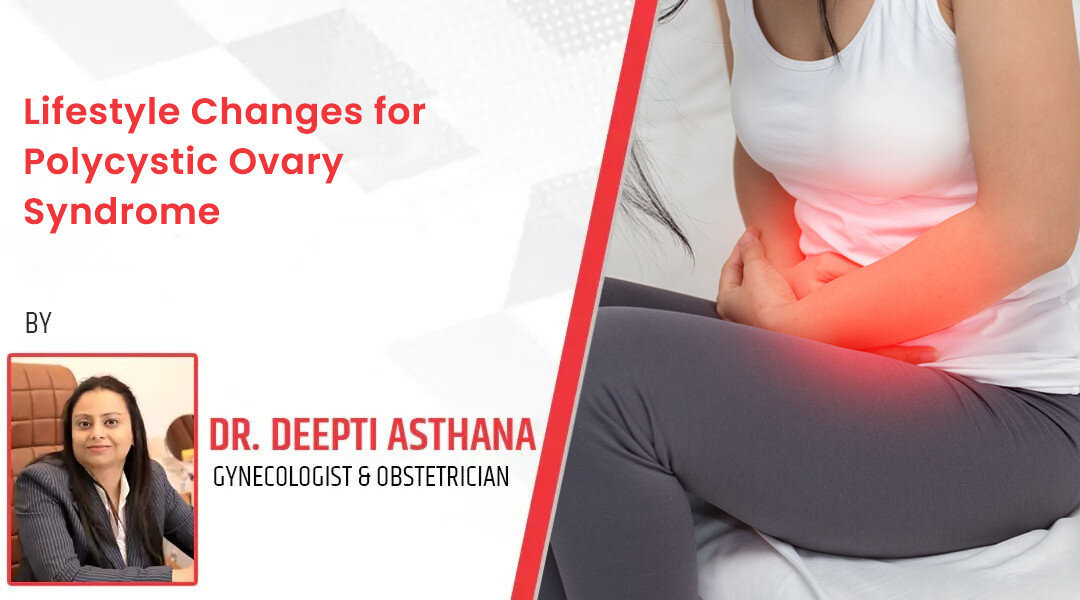
A hormone imbalance called PCOS (polycystic ovarian syndrome) affects up to 1 in 10 Indian women and teens. Ovarian cysts, irregular or heavy periods, acne, weight gain (particularly around the waist), uneven hair growth or hair loss, infertility, high cholesterol, and high blood pressure are just a few symptoms caused by PCOS. An increased risk of diabetes and cardiovascular disease is associated with PCOS. There isn’t a treatment for PCOS yet. Fortunately, there are several treatments and coping mechanisms for the symptoms.
Cut Back on Sugar and Carbohydrates
Another issue that is prevalent in women with PCOS is insulin resistance, which is characterized by the inefficient use of the hormone insulin by the body. Insulin, which is secreted by the pancreas, helps the body to burn glucose, or sugar, from food as fuel. It also helps to regulate blood sugar levels. To lower blood sugar, your doctor could suggest eating a diet low in sugar and other simple carbohydrates.
The optimum diet includes a range of foods from different food groups, including lean meats like poultry, and fish, high-fiber grains, and healthy carbs like vegetables and fruits. Focusing on foods with a low glycemic index and low sugar content, doctors advise fat content. It is simpler for your body to use food as energy rather than store it as fat when you eat low glycemic index foods because they cause the body to release insulin gradually. Foods rich in fiber also aid in blood sugar regulation.
Read More: The Role of Diet for Managing PCOS
You should restrict your intake of carbohydrates because they are converted to sugar. Try to stay away from processed foods that contain refined carbohydrates, mainly white flour, rice, potatoes, and sugar. Additionally, stay away from sweetened beverages like soda and fruit juice.
Control Weight
Women with PCOS tend to be overweight, although not all of them. They could get fat over time, which could lead to a variety of health problems, including infertility, type 2 diabetes, and cardiovascular disease.
Another critical factor in weight loss is paying attention to portion sizes.
Exercise Consistently
The treatment of PCOS can benefit greatly from regular exercise. Burning calories and increasing muscle mass, which lowers insulin resistance, aid in the fight against obesity. Exercise can also help lower cholesterol and other hormone levels, including testosterone.
Foster Your Fertility
It could be more challenging to get pregnant if you have PCOS. PCOS affects up to 1 in 5 infertile women; however, many become pregnant and give birth to healthy children. With PCOS, there are ways to seek assistance in getting pregnant. Weight loss frequently results in a successful pregnancy. Infertility treatments like in vitro fertilization and fertility drugs like clomiphene (Clomid or Serophene) can be beneficial.
Discuss with Dr. Deepti Asthana best Gynecologist in Gurgaon if you’re attempting to get pregnant.



Leave a Reply